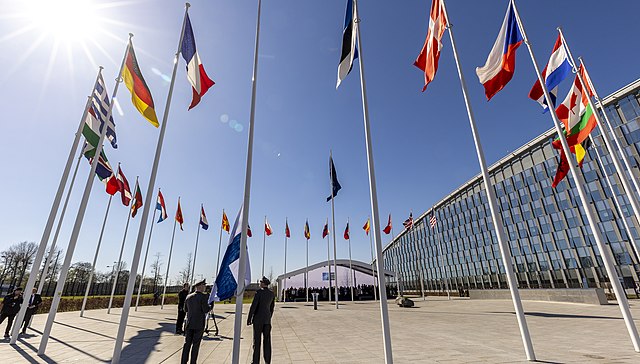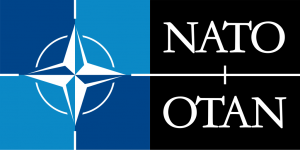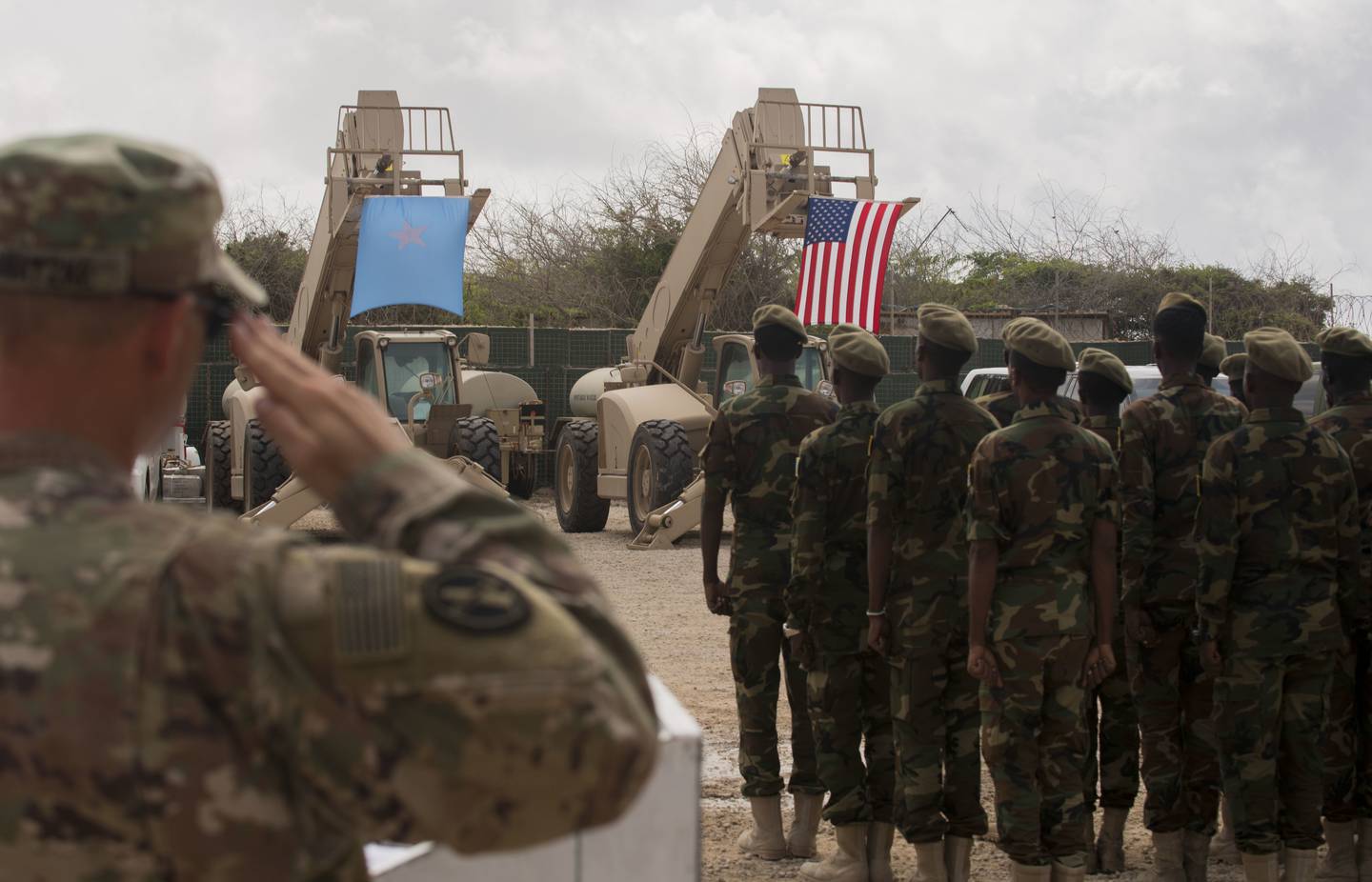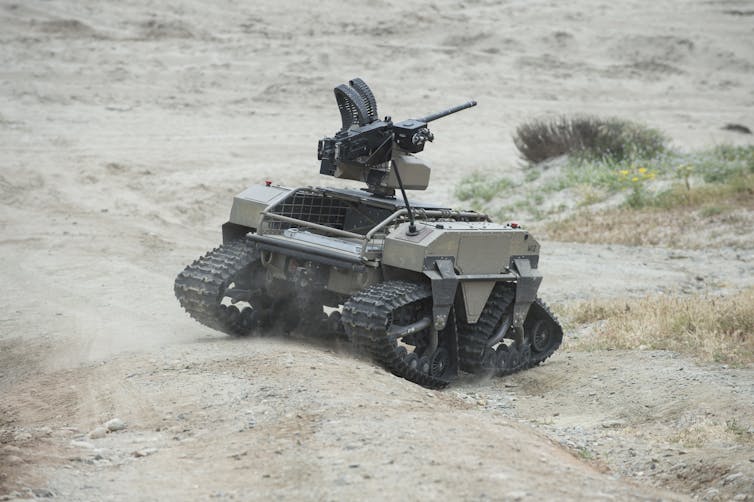The US achieved nothing in the Middle East, but millions of civilians paid the price – the same will be true now
By Paul Rogers. Published 10-9-2023 by openDemocracy

After the devastating failure of the Israeli intelligence to foresee the sudden Hamas assault at the weekend, many Israelis are describing the huge loss of lives as ‘Israel’s 9/11’.
Although the two events cannot be fairly compared, given the attack on Israel came from a country it has occupied and inflicted a deadly and brutal regime of apartheid on for many decades, the assault by Hamas has had a similarly visceral impact.
Continue reading









